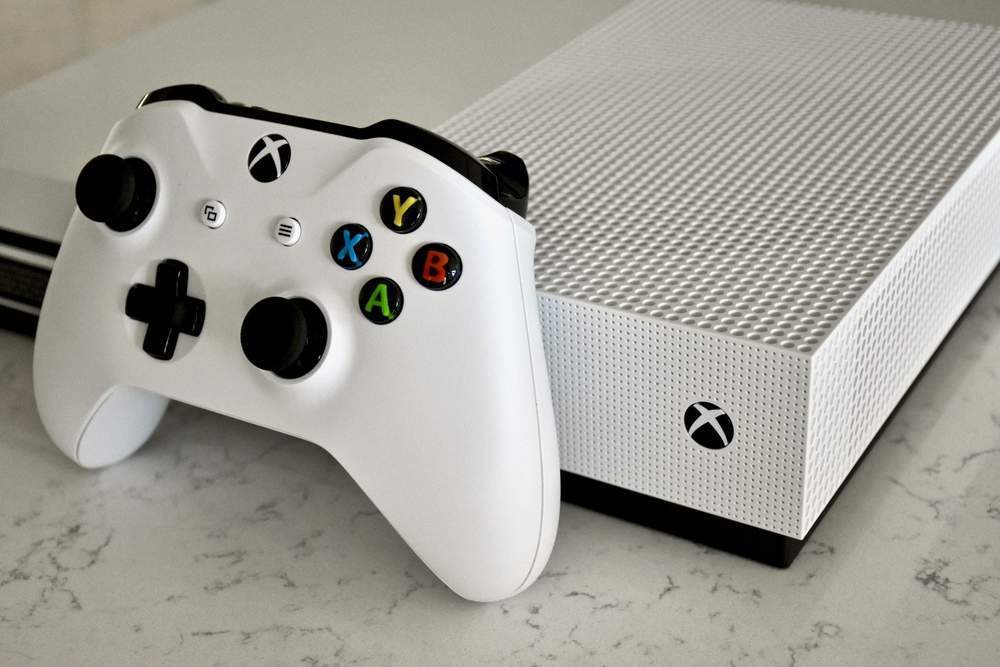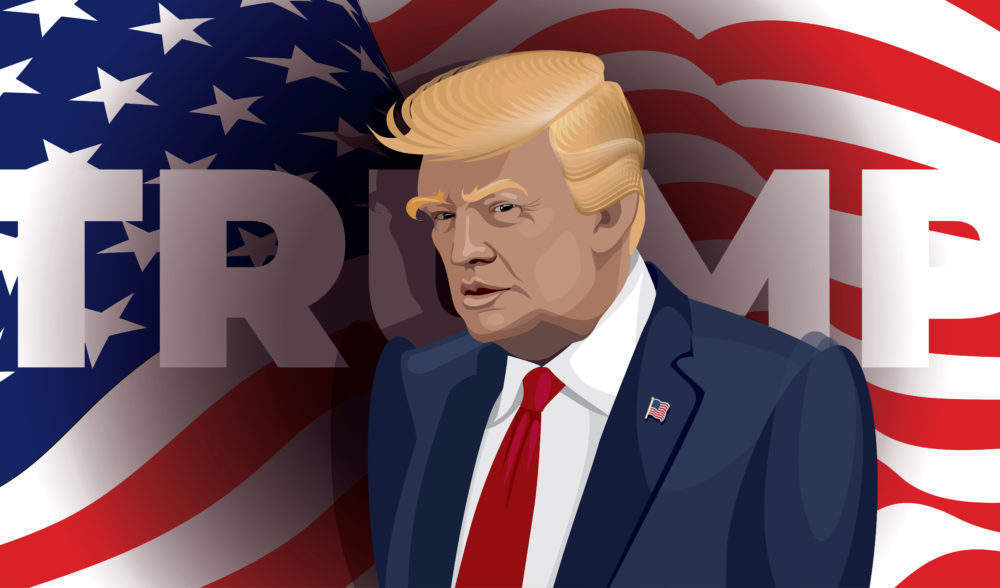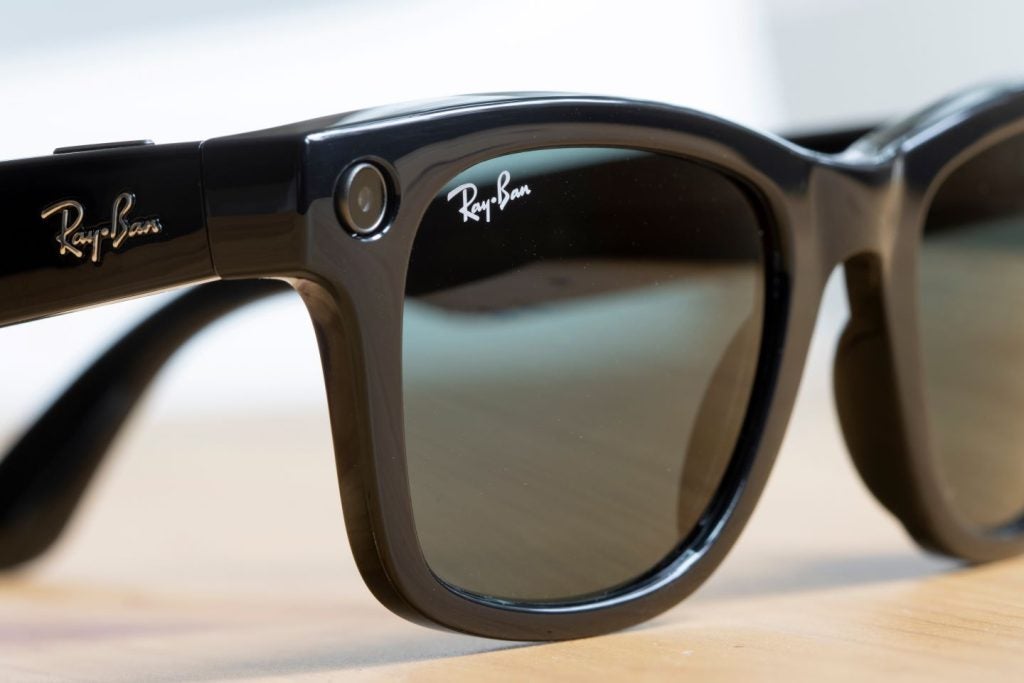
Xbox Game Pass is getting a serious boost that might make it the first so-called Netflix of gaming.
Microsoft launched the service in June 2017, allowing gamers to pay a monthly subscription in return for access to games.
Instead of paying per game, subscribers pay $9.99 monthly to access a list of around 100 games from their Xbox. These games are both current-gen and backwards compatible games from older consoles.
Gamers have free access to play online without the need for an Xbox Live Gold payment.
Unfortunately, due to the service’s reliance on legacy titles, it didn’t make the splash it could have. In the 100 or so titles available at launch, Halo 5 was the only recent release.
However, all of that is changing. Microsoft announced last night that it would be making all of its exclusive games, including those from Microsoft Studios, available for Xbox Game Pass subscribers on the same day they’re released in stores.
How well do you really know your competitors?
Access the most comprehensive Company Profiles on the market, powered by GlobalData. Save hours of research. Gain competitive edge.

Thank you!
Your download email will arrive shortly
Not ready to buy yet? Download a free sample
We are confident about the unique quality of our Company Profiles. However, we want you to make the most beneficial decision for your business, so we offer a free sample that you can download by submitting the below form
By GlobalDataThe first game to feature in this manner will be Sea Of Thieves from Microsoft Studios. It will release on the Game Pass service and in stores on 20 March 2018.
Microsoft also confirmed that State Of Decay 2 and Crackdown 3 will be available in the same way. The company also pledges that future iterations of Halo, Forza, and Gears Of War will be available on Game Pass on launch day.
Presumably, the change will include other first and second parties games.
Forza: Horizon developers, Playground Games are rumoured to be working on Fable 4 and this would seem a likely candidate to be released on Game Pass.
The downsides of Microsoft’s approach
Of course, there are downsides. Microsoft has occasionally pulled games from the Game Pass service. As the Game Pass subscribers don’t own physical games they could, perhaps be half way through playing a game before they lose it.
There’s also the danger of retailers freezing Microsoft out if they feel that the new concept loses them business. It’s no surprise that Microsoft paid tribute to brick-and-mortar retail outlets in conjunction with the announcement:
As part of today’s library expansion, we are also pleased to announce that we are working closely with our retail partners, such as GameStop, to offer a 6-month Xbox Game Pass subscription card for those fans who look for a variety of ways to purchase and enjoy new games and services…
By working closely with retail partners, Xbox Game Pass will have valuable ambassadors in popular destinations for gamers to discover new and exciting games and enjoy community.
A similar conflict occurred in 2009 when Sony launched the PlayStation Go. The sole method of video-game distribution for the console was the online PlayStation Store. As retailers could not profit from the console after selling the unit, they gradually began dropping it from stores.
The console sold less than 20,000 units in Japan in its first year of release.
This isn’t a situation Microsoft can necessarily afford to repeat. Its Xbox One is on reasonably dire straits at the moment. Since its release in 2013, the console is thought to have sold just 25-30m units. In context of its rivals, those are reasonably poor numbers. The PlayStation 4 has sold 73.6m in the same time frame. The Nintendo Switch has sold 10m units in 9 months.
Will a ‘Netflix for games’ be an issue for gaming retailers?
Verdict reached out to GlobalData Retail analyst Zoe Mills for her insight onto the impact of Microsoft’s innovation on retailers. Could it affect the industry in the same way that Netflix has affected home media sales? She explained:
“Netflix has definitely had a big impact on the video market since it has entered the UK. Over the past five years streaming revenues have grown 839.8% (2013-2018) at the detriment of digital and physical video sales, which over the same period have declined 45.2%.
“While the gaming market will be susceptible to the introduction of a subscription service by one of the biggest gaming players, I do not foresee such phenomenal growth in the games software streaming market due to Netflix’s ability to appeal to the masses. Moreover, although avid gamers may welcome this service, shoppers who only purchase one or two games a year will be reluctant to subscribe to such a service, unless excellent value is offered.
“That being said, gaming retailers will certainly be impacted if this service grows in popularity over the next five or so years, eating away at digital and physical software sales. However, (UK retailer) GAME will be better protected from this phenomenon than other players as it continues to develop its instore experience with gaming arenas. These arenas create an experience that is difficult to replicate at home and for less avid gamers is probably a more affordable solution.”
Still, a newly-released triple A game tends to cost around $60 at launch. Even those who only buy one or two such games per year may find Microsoft’s subscription service good value. Especially, in comparison to purchasing games individually.
There’s a lot of variables, but a Netflix-style success for Microsoft certainly could be possible.







